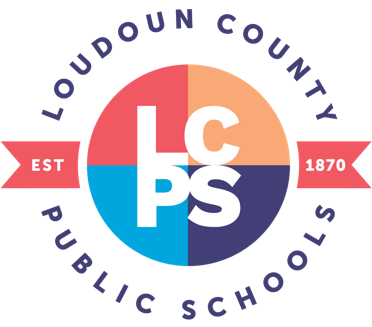About
Skip to content
Gifted & Talented Curriculum
EDGE
Grade(s): K-5
LCPS Description:The EDGE program is designed to nurture and challenge students with advanced academic potential from groups historically underrepresented in LCPS advanced academic and gifted programs. The program provides additional academic challenges for students designed to develop students' individual potential. Classroom teachers and gifted resource teachers work together to nurture academic potential in young learners and prepare them for more challenging and rigorous academic pathways.
FUSION
Grade(s): 4-5
Standards/AP Course Description: The FUSION enrichment curriculum framework focuses on two themes: Leadership and Innovation. Each theme is taught on alternating school years.
LCPS Description: The School-Based, Collaborative Gifted Program, now known as FUSION, is a new model for delivering gifted services for 4th and 5th grade gifted learners. It was established to provide gifted services for students at their home schools. A gifted resource teacher collaborates with classroom teachers to challenge gifted learners in their regular classrooms by enriching and extending the general curriculum and by integrating curricula developed for gifted learners (e.g., William & Mary Literature Units, Jacob's Ladder, and Mentoring Mathematical Minds). In addition, gifted learners meet during the week with other gifted learners to collaborate on a variety of challenging, interdisciplinary projects.
SEARCH
Grade(s): K-3
LCPS Description:
In SEARCH, gifted resource teachers provide model lessons in thinking skills to students in grades K-3. Classroom teachers work with the gifted resource teacher to screen students for gifted services. The bi-weekly SEARCH lessons are designed to foster an environment that encourages students to think, take intellectual risks, and develop an excitement for learning and discovery across a variety of thinking skills.
The SEARCH curriculum is problem-solving based and founded upon gifted education research. The curriculum spirals developmentally through five components (Thinking Keys): perceiving, reasoning, connecting, creating, and evaluating. Each grade level learns about each component at increasingly more complex and abstract levels.
Thinking Keys:
Perceiving is understanding and learning with one’s senses. Concrete spatial and visual activities are provided and students are encouraged to look at objects in many different ways. Pattern recognition and prediction skills develop and are used along with reasoning skills.
Reasoning is using information to find answers that can be proven, are logical, and make sense. Reasoning activities begin at the simple level of recognizing, labeling, classifying, and comparing attributes of concrete objects. As students mature, reasoning activities become more abstract as students use analysis and logic to solve problems.
Connecting means linking information and ideas to see how they fit together. At the basic level, students identify and extend patterns using concrete objects. More abstract problem solving involves interpreting and extending numeric patterns, determining relationships between concepts, and making generalizations. Students make connections between cause and effect.
Creating is putting ideas, information, or objects together in a new or different way. Students learn to be flexible and fluent in their thinking with familiar objects as well as unusual and/or real life problems. Original ideas are elaborated with humor and/or beauty to provide clarity and completeness. Student products may be visual, verbal, spatial, or kinesthetic.
Evaluating is using information to make a decision. Students begin evaluating by determining what the facts are and what considerations are important in making a decision. Students learn to develop criteria and rank solutions or choices according to the criteria when making decisions.
Spectrum
Grade(s): 6-8
Full Description from the Program of Studies
Spectrum is a year-long class, provides enrichment for 6th, 7th, and 8th grade students who have been identified as gifted in terms of general intellectual ability. This course is offered in place of resource for 6th and 7th graders. 8th graders split a 90-minute block between Spectrum and resource. Eligibility for the gifted program is determined by prescribed criteria established by the school division and approved by the Commonwealth of Virginia. Spectrum offers a variety of multi-disciplinary academic experiences with an emphasis on critical thinking skills and problem solving. Gifted students are further challenged academically by enrolling in honors level instruction, such as science, English, and social science, or in advanced math classes.
Standards/AP Course Description: The SPECTRUM curriculum framework focuses on four themes that are explored each year: Business & Economics, Communication & Culture, Technology & Engineering, and Ethics & Perspectives.
